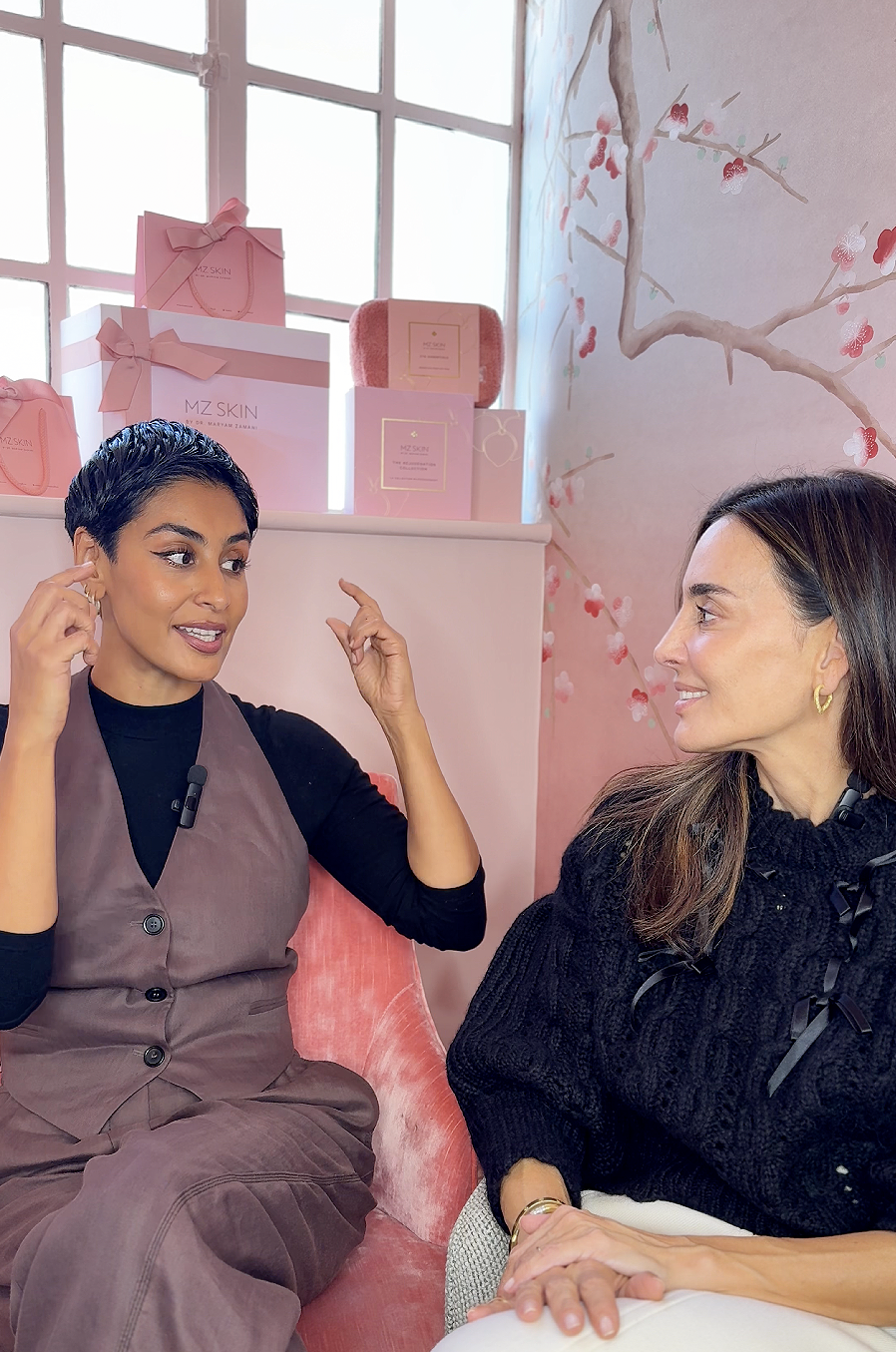
The Art of Skin Preparation: An Interview with Make-Up Artist Min Sandhu
The Art of Skin Preparation: An Interview with Make-Up Artist Min Sandhu At MZ SKIN, we believe that radiant skin is the foundation for feeling and looking your best. Long...
Notify me when item is back in stock.